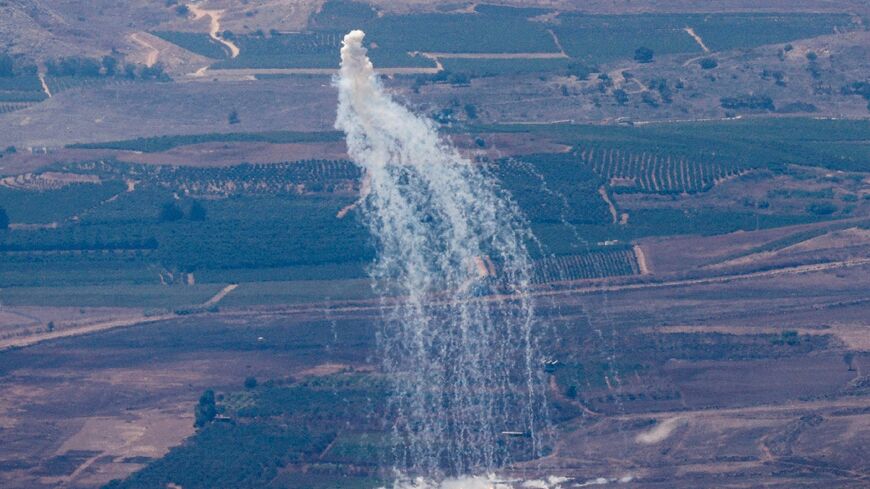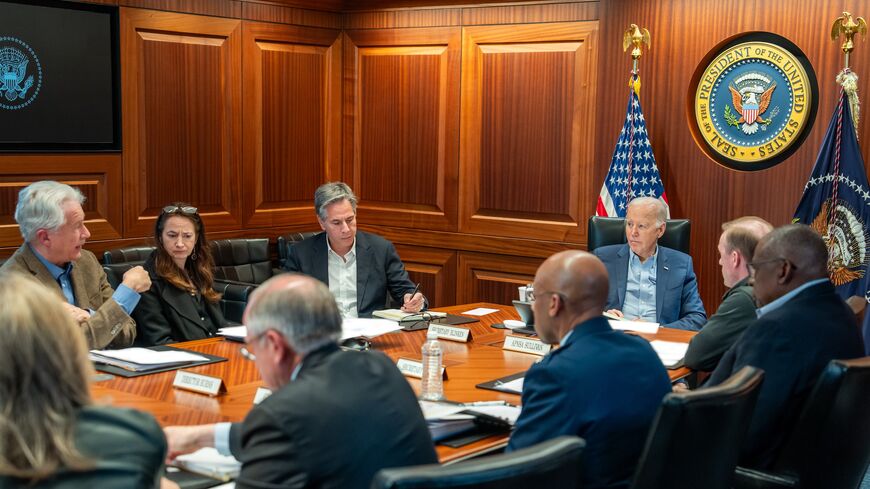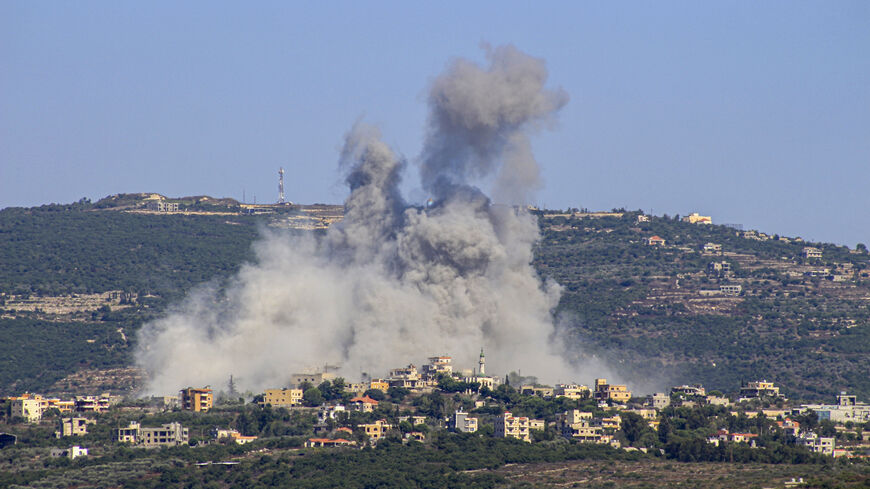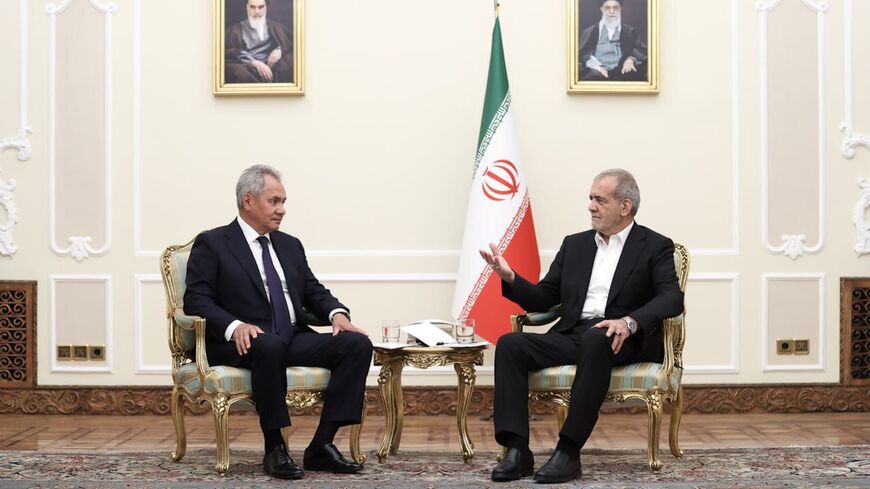Frantic diplomacy, flight disruptions as Middle East braces for Iran attack on Israel
US President Joe Biden is meeting with his national security team in the White House on Monday as concerns of an attack by Iran and its regional proxies against Israel grow.
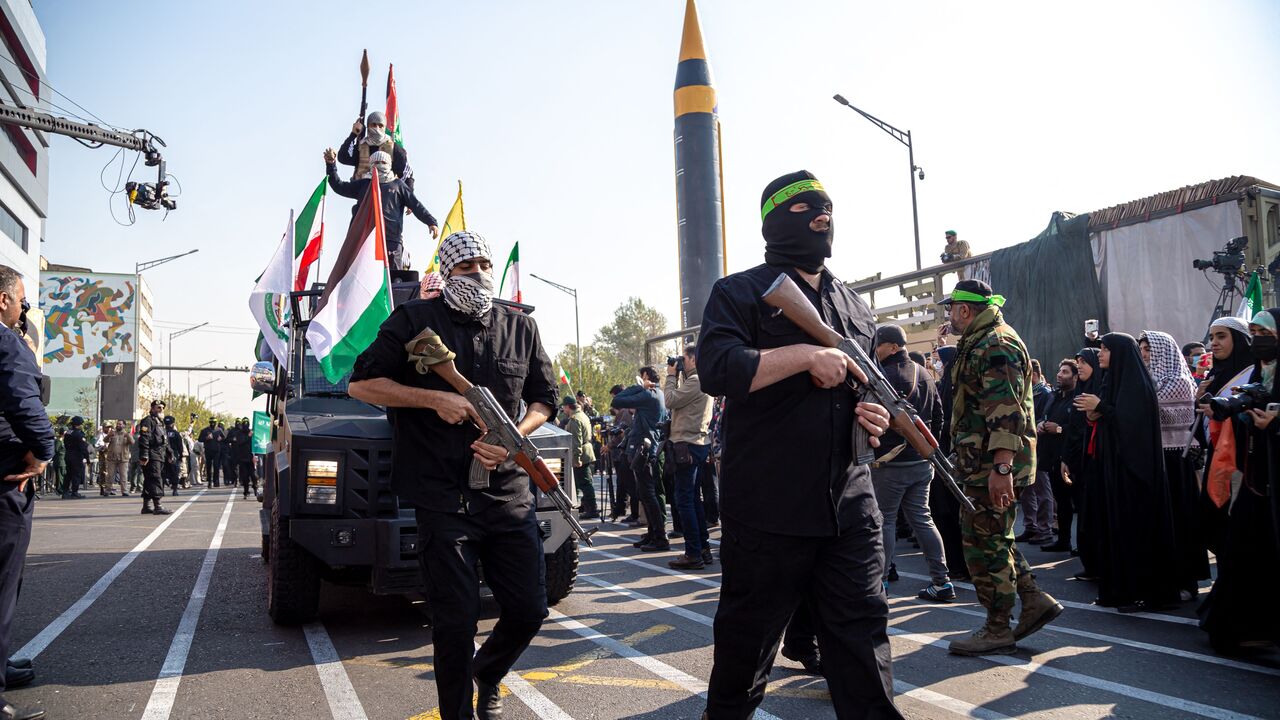
BEIRUT — Regional diplomacy and calls from the United States to Middle East leaders were on an uptick Monday in an effort to contain Iran’s expected retaliation against Israel. Meanwhile, several airlines extended flight disruptions to Tehran, Tel Aviv and Beirut as the Iranian response appeared imminent.
In southern Lebanon, at least two people including a paramedic were killed and two others injured Monday in an Israeli drone strike as regional tensions threaten to spiral into a full-blown war.
According to local reports, an Israeli drone struck a group of men who were digging a grave in a cemetery in the southern village of Mays al-Jabal.
The Israeli military confirmed the strike, saying in a post on X that it targeted a “terrorist cell” in Mays al-Jabal, killing a number of Hezbollah operatives.
Earlier in the pre-dawn hours of Monday, the Israeli army said two of its soldiers, including one officer, sustained moderate injuries in a Hezbollah drone attack in northern Israel.
Escalation threatens regional war
The tit-for-tat attacks come as Iran and Hezbollah are expected to carry out a military response against Israel for the killing of senior Hezbollah commander Fuad Shukr and the assassination of Hamas leader Ismail Haniyeh in Tehran. Iran has accused Israel of killing Haniyeh, though Israel has not claimed responsibility for the attack.
Iran and its proxies in the region — including Lebanon’s Hezbollah, Yemen’s Houthis, Palestinian Hamas and Islamic Jihad as well as several Shiite groups in Iraq and Syria — have vowed retaliation for the killings.
Iranian Foreign Ministry spokesperson Nasser Kanaani stressed that his country has the “unquestionable right” to respond to Haniyeh’s assassination on its territory.
First footage of Sergei Shoigu, Secretary of Russia’s Security Council, meeting with Ali Akbar Ahmadian, Secretary of Iran’s Supreme National Security Council, in Tehran pic.twitter.com/mJ0THxHZGP
— Nicole Grajewski (@NicoleGrajewski) August 5, 2024
“We believe that Iran is entitled to punish the aggressor within the framework of international law,” he told a press conference in Tehran on Monday. "Iran will definitely and decisively take serious and deterrent measures by exercising its inherent right on the basis of international principles to ensure its security."
The head of Iran's Revolutionary Guard Corps, Gen. Hossein Salami, warned on Monday that Israel was “digging its own grave” with its actions in the region, according to Iranian state media.
Regional and international actors are racing to contain the situation, while many countries are calling on their nationals in Lebanon to urgently leave the country as security conditions deteriorate.
US and regional diplomacy
President Joe Biden is scheduled to convene his national security team in the White House Monday to discuss the latest developments in the Middle East.
The US president will also speak to Jordan’s King Abdullah, the White House said.
Earlier on Sunday, Jordanian Foreign Minister Ayman Safadi concluded a rare visit to Iran, the first by a senior Jordanian official in more than two decades. According to a Foreign Ministry statement, during his meetings with Iran’s president and acting foreign minister, Safadi condemned Israel’s actions in Gaza and the region and called for an immediate end of the hostilities to avoid further escalation.
Separately, Russia’s Security Council secretary, Sergei Shoigu, arrived in Tehran on Monday. He will hold talks with Iranian President Masoud Pezeshkian, Russia’s Interfax news agency reported.
Turkish Foreign Minister Hakan Fidan visited Cairo, where he met with Egyptian President Abdel Fattah al-Sisi and the country’s new Foreign Minister Badr Abdelatty. Before traveling to Cario, Fidan visited the Egyptian side of the Rafah crossing linking Gaza to northern Egypt on Sunday.
Over the weekend, US Secretary of State Antony Blinken reportedly warned that attacks by Iran and Hezbollah on Israel could come “as early as Monday.” Citing three sources, Axios said Blinken informed his counterparts in the G7 about the imminent Iranian attack during a conference call on Sunday.
Blinken reportedly urged them to pressure Iran, Hezbollah and Israel to exercise “maximum restraint” and stressed that the United States is working to contain the situation.
Meanwhile, Lebanese news outlets reported that caretaker Foreign Minister Abdallah Bou Habib is heading to Cairo on Monday, where he will meet with his Egyptian counterpart Badr Abdelatty. According to LBCI, the pair will discuss the current diplomatic efforts to de-escalate the situation.
Abdelatty held a phone call with Iran’s acting Foreign Minister Ali Bagheri Kani on Sunday in which he warned that the current developments are “extremely dangerous” and threaten the stability of the region. He urged all parties involved to exercise restraint and prevent further escalation, according to a Foreign Ministry statement.
The local Lebanese al-Jadeed station also reported a visit by France’s Foreign Minister Stephane Sejourne to Beirut this week. There has been no official confirmation on this news.
Sejourne spoke over the phone with Blinken on Saturday. According to a French Foreign Ministry statement, the two officials “agreed to continue calling on all parties to exercise the greatest restraint in order to prevent any regional upheaval that would have devastating consequences for countries in the region and for peace prospects, starting with a lasting cease-fire in Gaza.”
Air travel disrupted
The Lufthansa Group said on Monday that its flights would avoid Iraqi and Iranian airspace through Aug. 7. The group added that flights to Beirut, Tel Aviv and Tehran are suspended through Aug. 12, and flights to Erbil and Amman are suspended through Aug. 7, citing its "current security analysis," according to Reuters.
United and Delta were among other airlines to suspend flights to Tel Aviv last week.
EgyptAir advised customers on Monday to modify their bookings to and from Beirut, the state-owned Al-Ahram reported.
Adam Lucente in New York and Ezgi Akin in Ankara contributed to this report.



